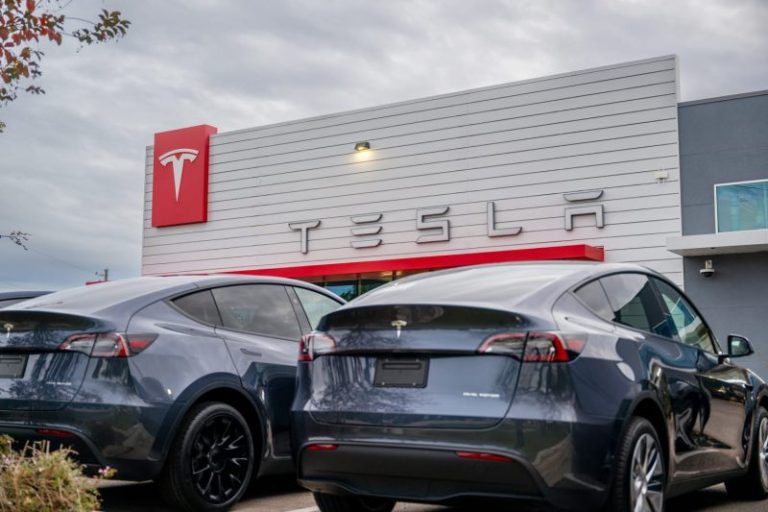The European Union Slashes Planned Tariffs on China-Made Tesla EVs & Other Chinese Firms
The European Union (EU) has recently announced a significant reduction in planned tariffs on electric vehicles (EVs) manufactured by Tesla and other Chinese companies. This decision marks a pivotal moment in the EU’s efforts to encourage the adoption of electric vehicles and mitigate the environmental impact of traditional fossil fuel-powered vehicles. The move is set to have far-reaching implications for the automotive industry, trade relations between the EU and China, and the global efforts to combat climate change.
One of the key beneficiaries of this tariff reduction is Tesla, the American electric vehicle and clean energy company. Tesla has rapidly expanded its presence in the global market, with European countries being a crucial target market for its EVs. By slashing tariffs on China-made Tesla EVs, the EU is sending a clear signal that it is committed to supporting the transition to electric mobility and reducing greenhouse gas emissions.
However, it is not only Tesla that stands to benefit from this tariff reduction. Other Chinese firms producing electric vehicles are also poised to gain a competitive edge in the European market. China has emerged as a major player in the electric vehicle industry, with several innovative companies investing heavily in research and development to produce high-quality EVs at competitive prices. The EU’s decision to lower tariffs on Chinese-made EVs will likely lead to increased market share for these firms and greater consumer choice for European car buyers.
From a trade perspective, the EU’s move to reduce tariffs on Chinese-made EVs represents a significant shift in its trade policy towards China. Traditionally, the EU has been wary of China’s economic dominance and has imposed tariffs on various Chinese goods to protect local industries. However, the decision to lower tariffs on Chinese-made EVs suggests a willingness on the part of the EU to collaborate with China in promoting sustainable technologies and fostering economic cooperation.
Furthermore, the EU’s decision to reduce tariffs on Chinese-made EVs aligns with its broader climate goals. As part of the European Green Deal, the EU aims to achieve carbon neutrality by 2050 and reduce greenhouse gas emissions by at least 55% by 2030. Encouraging the adoption of electric vehicles is a key component of the EU’s strategy to combat climate change and reduce air pollution in urban areas. By making EVs more affordable and accessible, the EU is driving the transition towards a cleaner and more sustainable transportation system.
In conclusion, the EU’s decision to slash planned tariffs on China-made Tesla EVs and other Chinese firms represents a significant milestone in the global shift towards electric mobility. This move not only benefits companies like Tesla and Chinese EV manufacturers but also reflects the EU’s commitment to promoting sustainable technologies, enhancing trade relations with China, and achieving its climate targets. As electric vehicles continue to gain momentum in the automotive market, we can expect to see further collaboration between the EU and China in advancing clean transportation solutions for a greener future.



